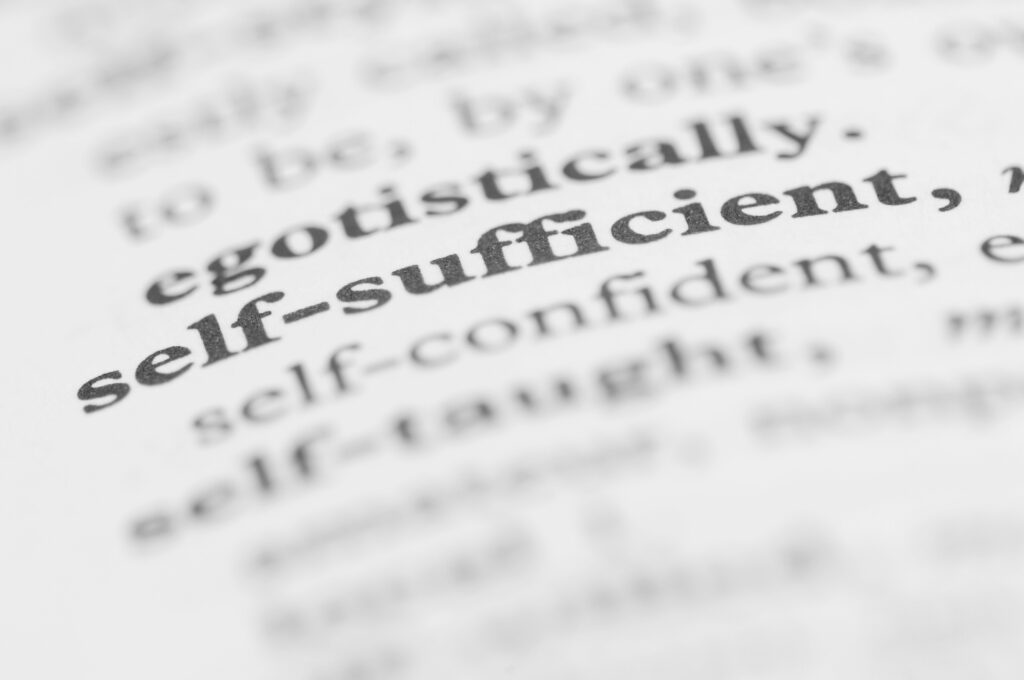By Gene Kuhns
Self-Sufficiency is a broad topic that is sometimes misunderstood. Being self-sufficient means being able to provide for one’s needs, current and future, and for emergencies without needing to be reliant upon others for support.
In some circles, the topic of self-sufficiency may elicit visions of selfishness and self-centeredness. Self-sufficiency may be perceived this way because of the word “self,” in that it may seem like one is only concerned with themselves or their own family. However, when looked at from a different perspective, the result is quite the opposite.
Once an individual, family, neighborhood, or community is self-sufficient, a “self-sufficiency need point” is met, any extra can be utilized for wants and/or to serve and assist others.
It is a challenge to assist others if one’s own needs are not being met.
Self-sufficiency involves several facets of a balanced life. Key topics include continuing education; health (physical, mental, and emotional); employment; family home production, storage, and foraging; family finances (budgeting, debt elimination, and saving/investing); spiritual strength; and emergency preparedness.
Now, more than ever, especially on our little Island which is so dependent upon the “Off-island world” to stock our grocery shelves, we need to think about being self-sufficient. Not because we are scared, but because we want to be prepared. “If you are prepared, you shall not fear.”
Initially, becoming self-sufficient may seem daunting, but like any large, worthwhile project, the key is to break it down into bite-sized pieces. The Desmond Tutu quote applies here: “How does one eat an Elephant? A bite at a time.”
The first step to conduct is an individual and family evaluation of each of the topics listed above. Write down your thoughts. How are you doing with each? Be honest with yourself. Listen to your gut.
As a second step, make a plan for each item – how to take it to the next level. Don’t try to do the whole thing all at once, just this next step. For example, do you want to get out of debt? First, don’t get into any new debt … none. If credit cards are a problem for you, take your credit cards and cut them up. Second might be to list all of your debts, in order of smallest to largest. These two items don’t seem like much, but they are really easy to accomplish and can be done in an evening.
Another initial step – do you have a minimum of $1,000 in an emergency fund? If not, do whatever it takes to get one … work odd jobs … sell some stuff. Emergencies will always happen. It is about time to get our heads out of the sand and pretend they won’t.
In future articles, we’ll discuss specific aspects related to each self-sufficiency topic item. For now, do a simple evaluation of where you and your family stands and develop a list of first, bite-sized steps.

